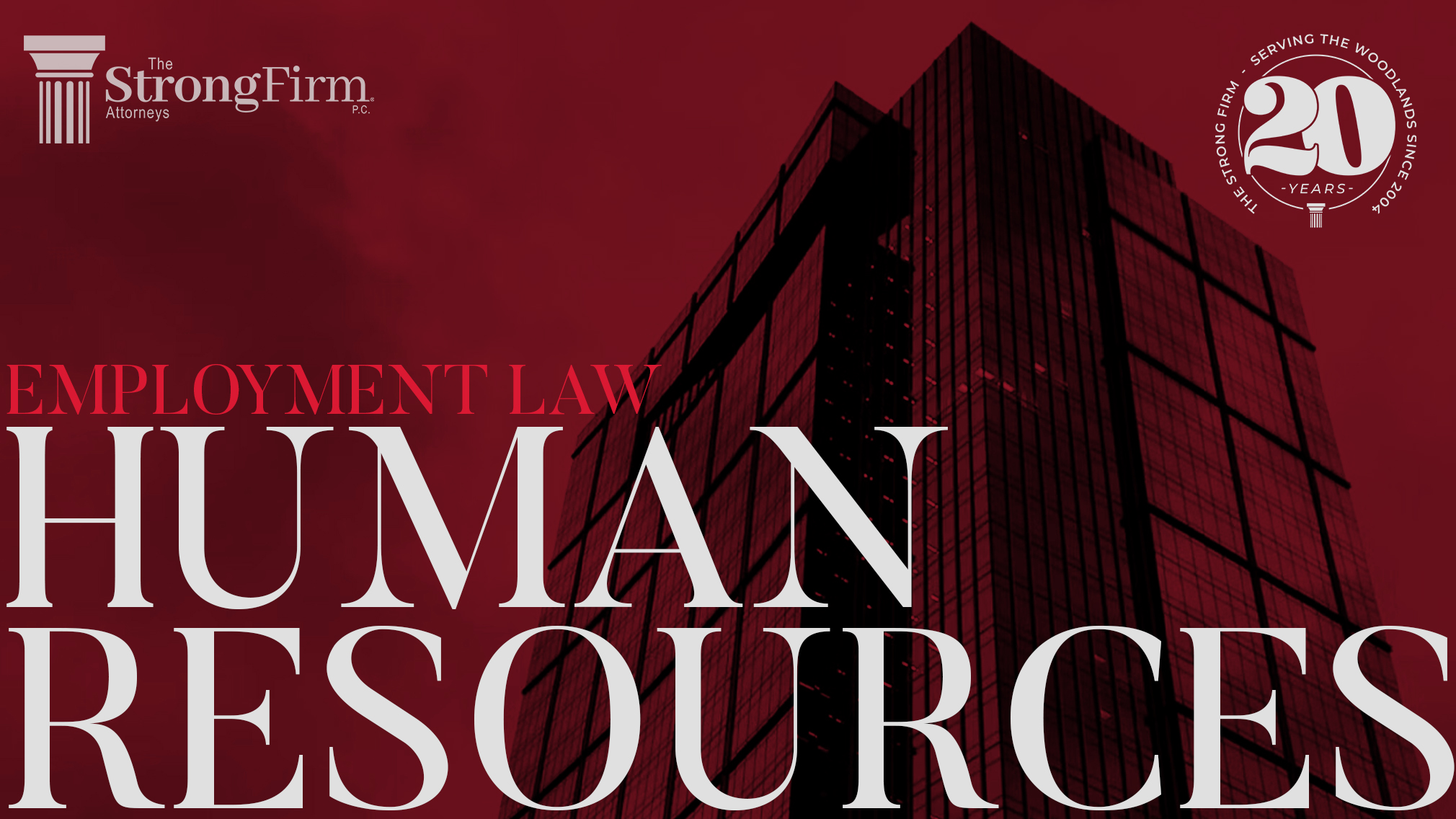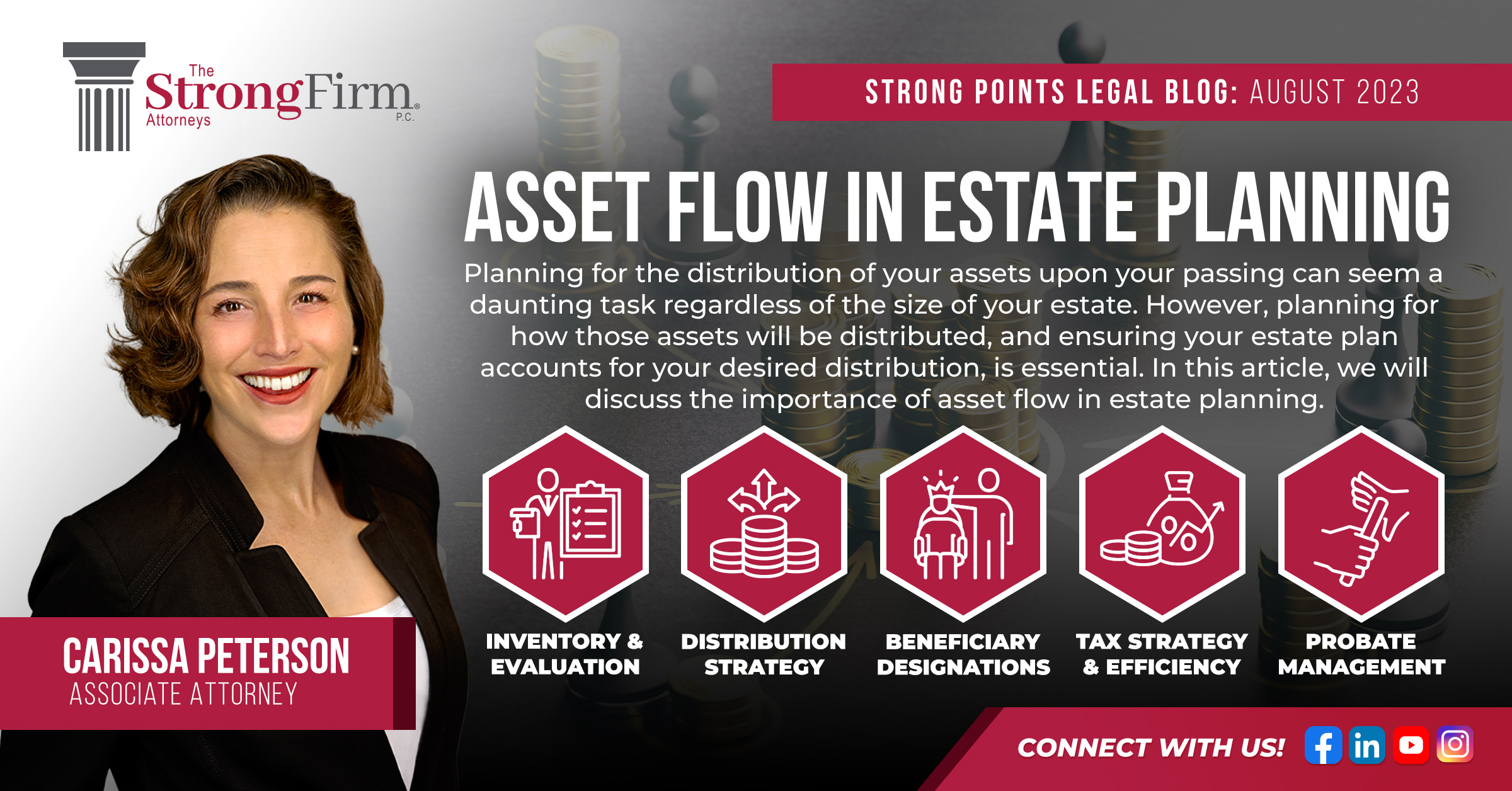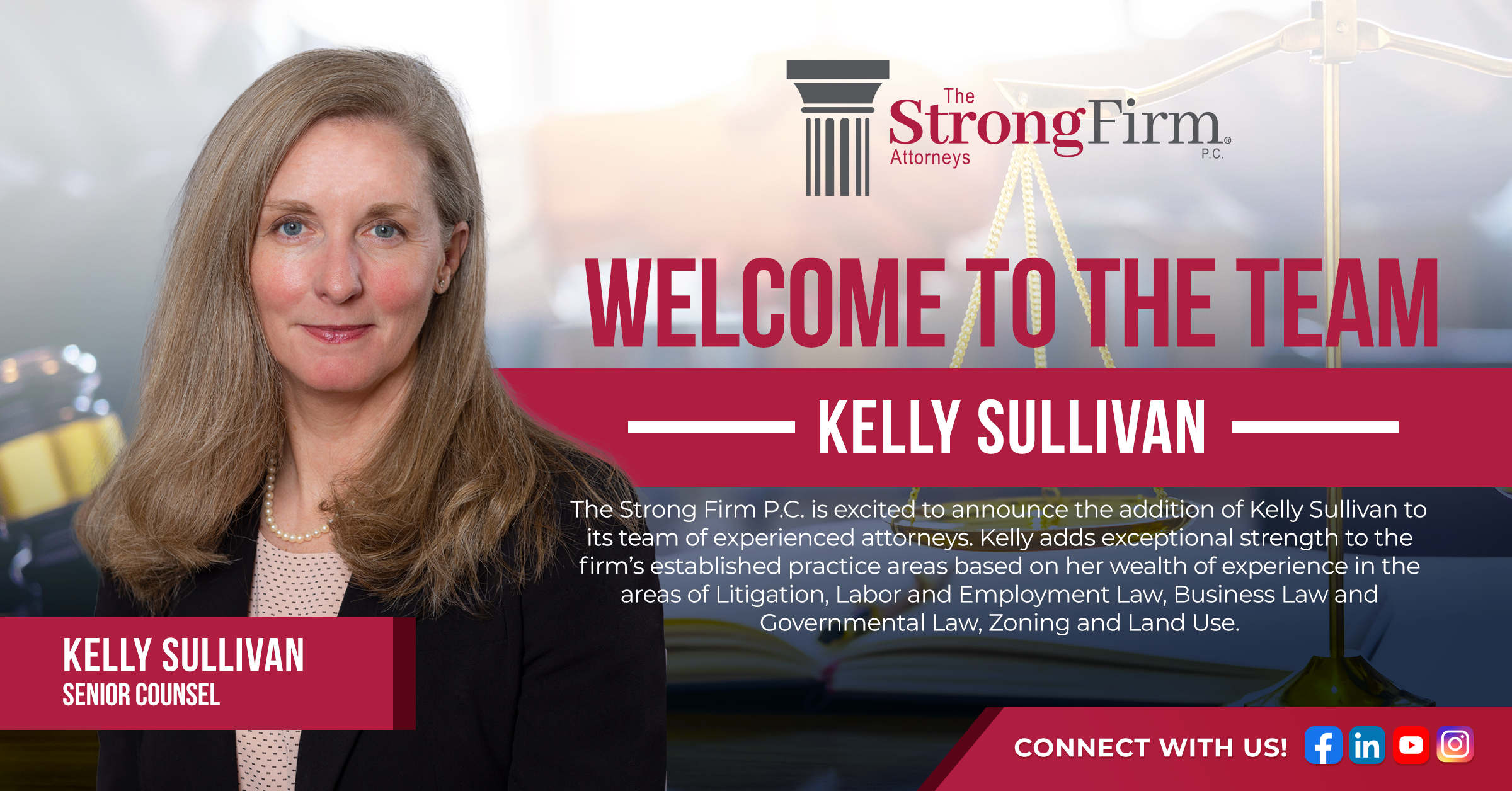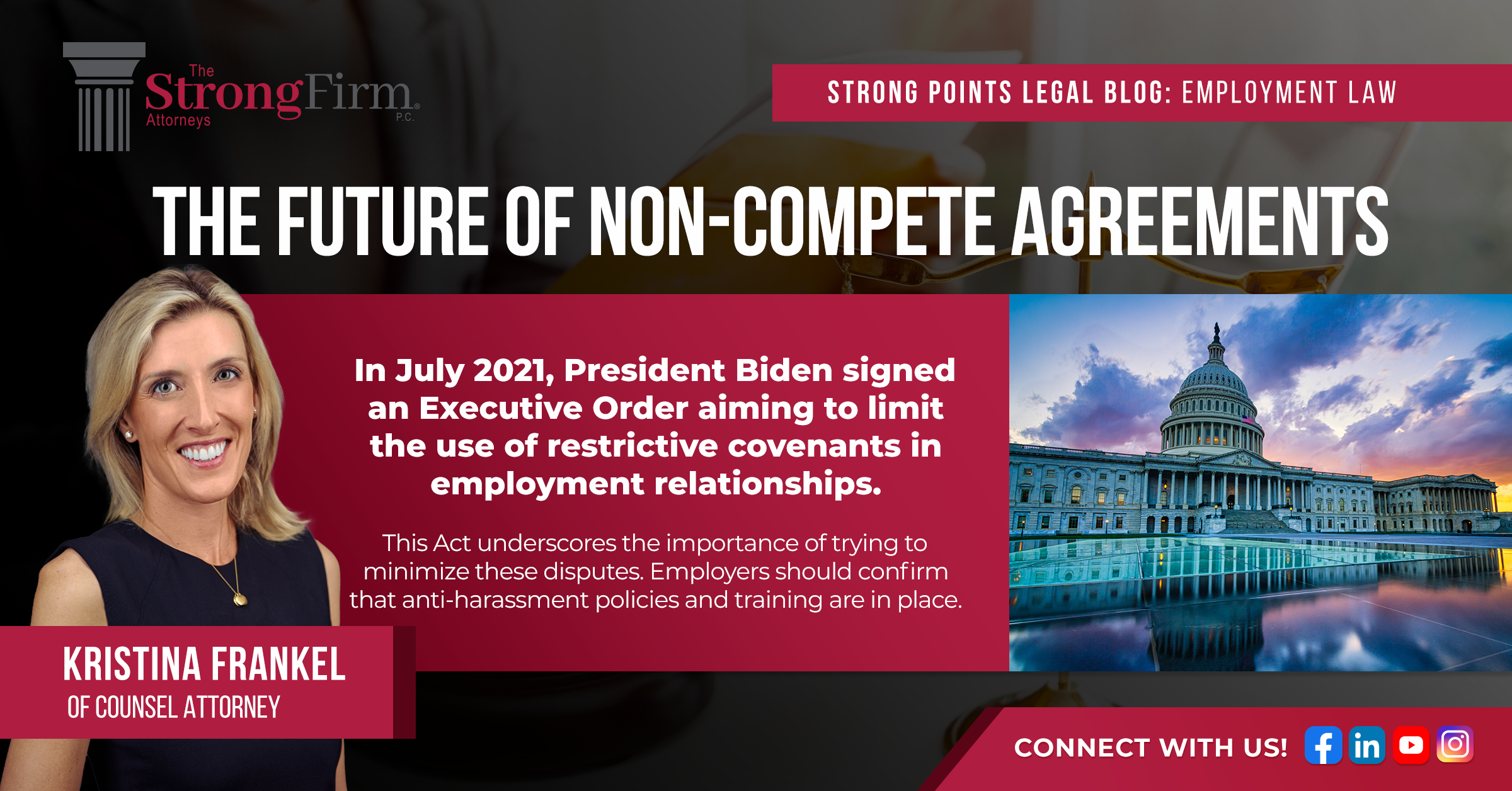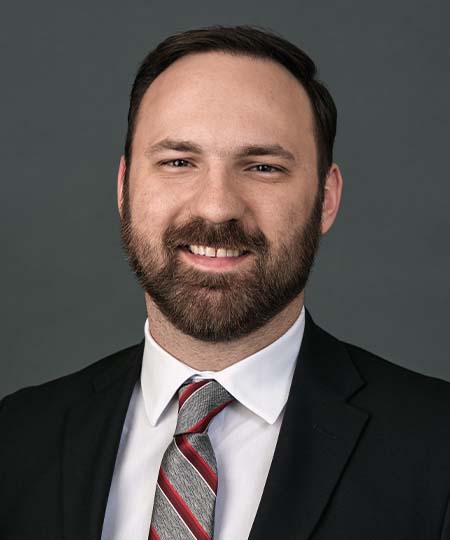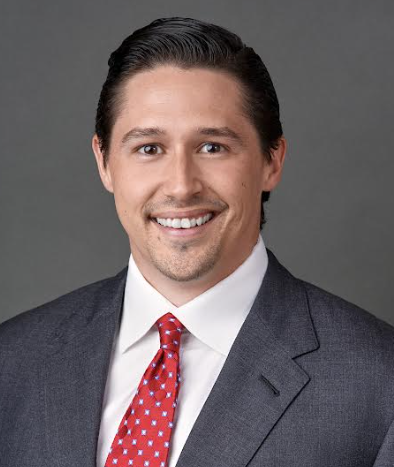Trusts, Public and Private – III
An express trust is either public or private. A public trust, also known as a charitable trust, is an express trust created for a charitable purpose. If an express trust is not a charitable trust, it is deemed to be a private trust. A private trust is an express trust created to benefit a few persons. This article discusses some aspects of public and private trusts.
Enforcement of a Trust
A trust is enforced when a trustee is compelled to do his or her duty and carry out the terms of a trust.
One of the rules about private trusts is that a private trust must have definite beneficiaries. The reason why a private trust must have definite beneficiaries is because if a private trust must be enforced, it must be enforced by a beneficiary or beneficiaries bringing a legal action against the trustee. Although the settlor may also bring a legal action against the trustee, the settlor may be deceased or otherwise unable to bring a legal action. If there were no definite beneficiaries and the settlor was unable to bring a legal action, there would be nobody to challenge the actions, or inaction, of the trustee.
Unlike a private trust, a public trust does not need to have definite beneficiaries. The reason why a public trust does not need to have definite beneficiaries is because a public trust may be enforced by the state attorney general on behalf of the public. (Note that if a public trust does not have definite beneficiaries, it must have indefinite beneficiaries within the defined class who actually receive the benefit of the trust).
If a public trust does have defined beneficiaries, the class must be large enough to for it to make sense for the trust to be enforced by the state attorney general rather than by private individuals. A trust made in reference to a single person may have a large number of beneficiaries. For example, a trust may provide for the creation of a public swimming pool in memory of a child who drowned in the local lake. The trust can be deemed public in terms of all of the potential patrons of the public swimming pool.
A public trust can be enforced by persons other than the state attorney general where the trust has definite beneficiaries or a small indefinite class of beneficiaries. A public trust may also be enforced by the settlor.
The Period of a Trust’s Existence
A public trust may last for an indefinite or unlimited period of time. A private trust terminates when its private purpose is completed.
Copyright 2012 LexisNexis, a division of Reed Elsevier Inc.




















